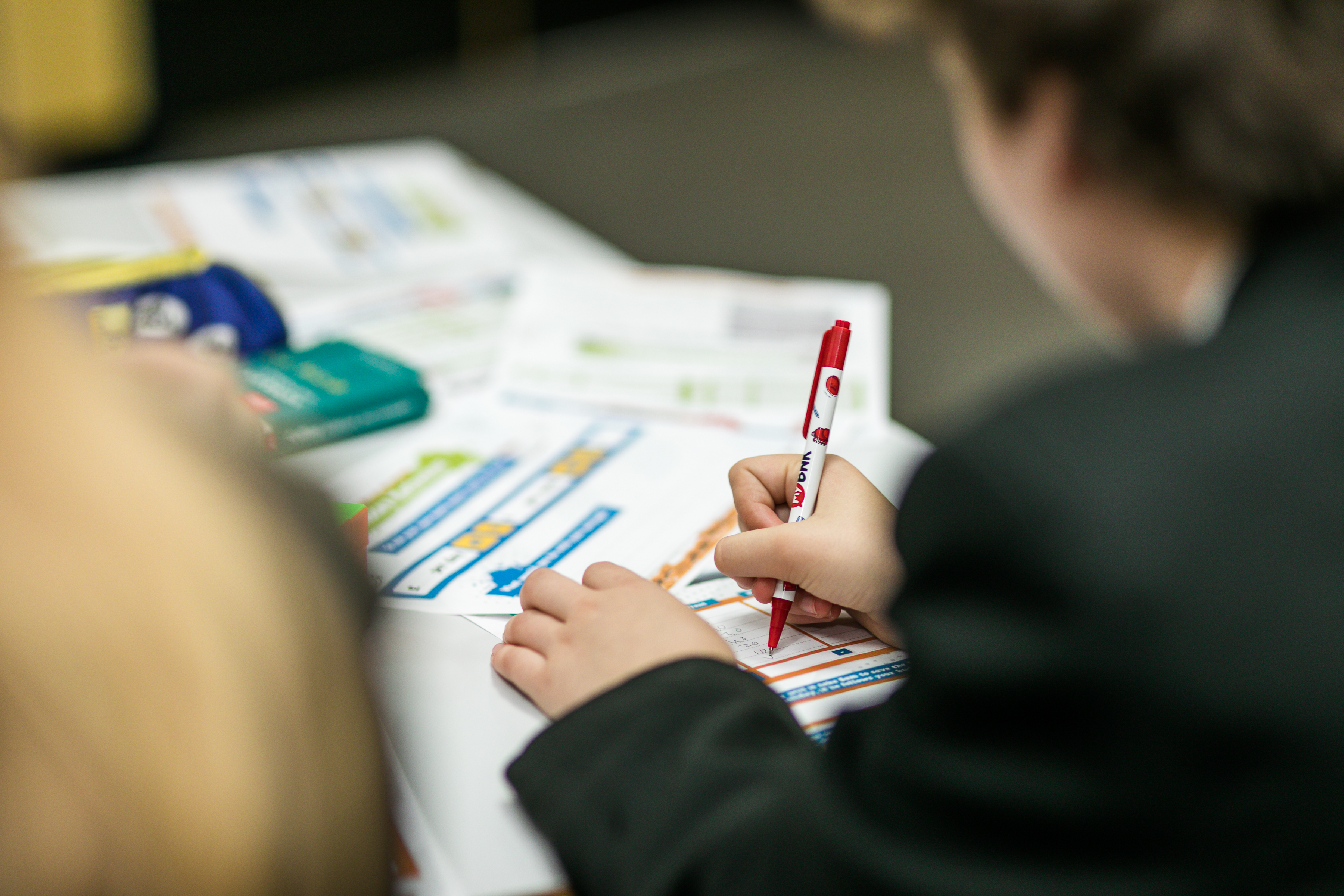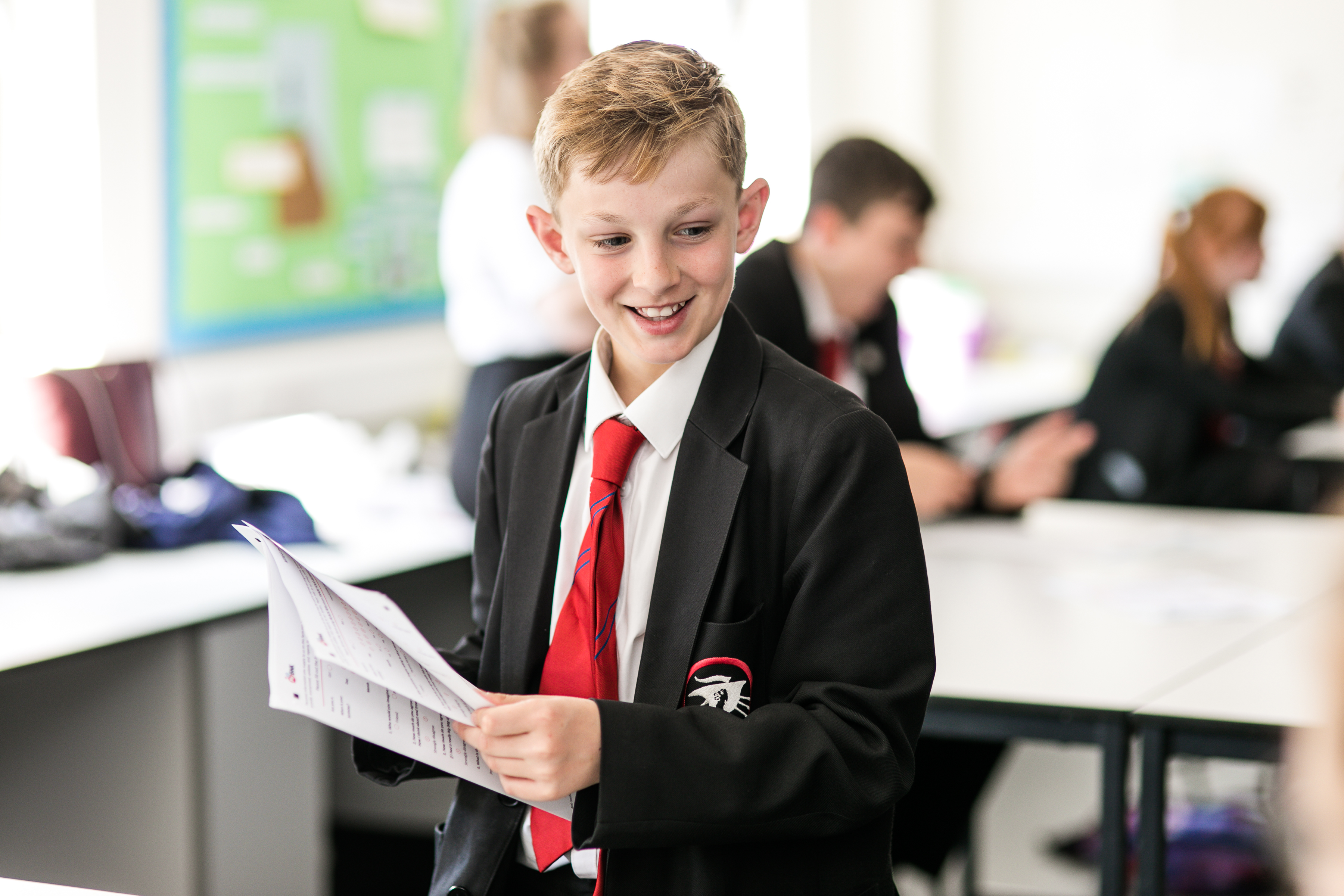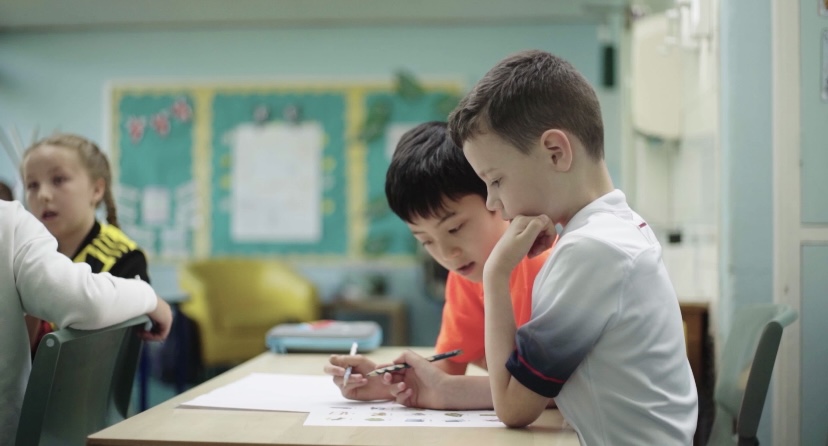What’s a wage? UK children’s money struggles
Just 52% of 7-16 year olds recall receiving any form of money lessons
A new report shows most children in the UK do not know what a wage is.
The findings of the KickStart Money programme, delivered by the education charity MyBnk, shows worrying early indicators of poor financial capability and how we can successfully target the executive functions behind money management i.e. habits, attitudes and behaviours.
Three out of five 5-11 year olds struggle with basic personal finance terminology, barely a third can delay instant spending gratification and just 19% save money regularly. Only 30% think how they treat money now will have an impact on their future.
Currently over 20 million Brits cannot manage their money, 11.5m have less than £100 in savings, and nearly nine million are in serious debt.[1]
The sooner you start the better as key money habits are formed by age seven.[2] Young people are also taking the biggest economic hit of the pandemic,[3] having on average £2,000 worth of debts.[4] Half of twentysomethings have no savings.[5]
Despite this, money lessons are not compulsory in English primary schools. Just 52% of 7-16 year olds recall receiving any form of money lessons.[6]
Executive functions
Three months after the programme, 69% of children are working towards a savings target and 60% think how they treat money now will affect them in the future.
The yearlong study of 3,200 pupils by independent evaluators Substance also found:
- 77% of children who could not delay spending gratification now can.
- 75% who could not separate their needs and wants now can.
- 83% of those who could not correctly identify what a budget was, now can.
- A 17% to 83% rise in teachers’ understanding of what makes good financial education.
This provision is funded by KickStart Money a coalition of 18 saving and investment firms with a vision to ensure every primary aged child receives a high-quality and effective financial education.
The programme has reached 20,000 primary pupils in three years. Direct in-person and virtual lessons are supported by teacher and parent resources and training.
Classes address executive functions like money mindsets, attitudes and behaviours, consumer choices, key skills and knowledge such as budgeting and prioritisation. MyBnk brings money to life using videos, manga comics, games and role play, drawn from youth culture.
Links: Full Report – Photos – Case studies on request.
Mr Lawrence, Teacher, Year 4, Haimo Primary School, London Spic STORIESaid:
“A lot of people struggle to talk about finance which is why teachers need this in their school. It’s important for children because it improves their attitude to money. They spend quite a lot on wasteful things. It’s good for them to know what saving is and why it matters.
They’ve gained confidence about money, an awareness on spending and an understanding that they can’t just get stuff straight away. These lessons link to maths and PSHE and essentially how they live their lives”.
Shannon, 8, Haimo Primary School, London said:
“I used to spend all my money because I didn’t know what it meant. I didn’t know it was important or ran out. I just pointed at things and I got them. But now I look at the price tag before I buy. My mind has been blown! I now know how to save money”.
Jane Goodland. Chair of KickStart Money and Corporate Affairs Director at Quilter plc said:
“This evaluation shows very clearly that teaching financial education to children has a massive positive impact on their attitudes toward money. The evaluation also demonstrates that training teachers to deliver financial education could play a huge role in building financial capability among the next generation”
“Our children must be taught the necessary skills to navigate life and this should begin at primary school.”
“As a nation, we are allowing our children to develop harmful habits and attitudes around money. Primary financial education has been neglected for too long and the government must take action to ensure our teachers are equipped to deliver it”.
Guy Rigden, CEO of MyBnk said:
“We have strong evidence that catching children young with money, budgeting and saving develops positive mindsets and habits. This combination of teacher training and expert delivery shows we can start to move the dial on low saving rates and prepare young people for the real world”.
Dr. Kath Edgar, Senior Researcher at Substance said:
“Our study has demonstrated the importance of this pioneering intervention, through its ability to help children understand how to create and stick to savings plans and delay gratification for their own future benefit”.
[1] Money and Pensions Service (MaPS) 2020.
[2] MaPS 2013.
[3] London School of Economics 2020.
[4] Student Beans 2021.
[5] ONS 2018.
[6] MaPS 2018.
Press release distributed by Pressat on behalf of MyBnk, on Monday 1 March, 2021. For more information subscribe and follow https://pressat.co.uk/
Money Personal Finance Family Parents Financial Education Children Young People Education Financial Literacy Saving Debt Covid Business & Finance Charities & non-profits Children & Teenagers Education & Human Resources Personal Finance
You just read:
What’s a wage? UK children’s money struggles
News from this source:







